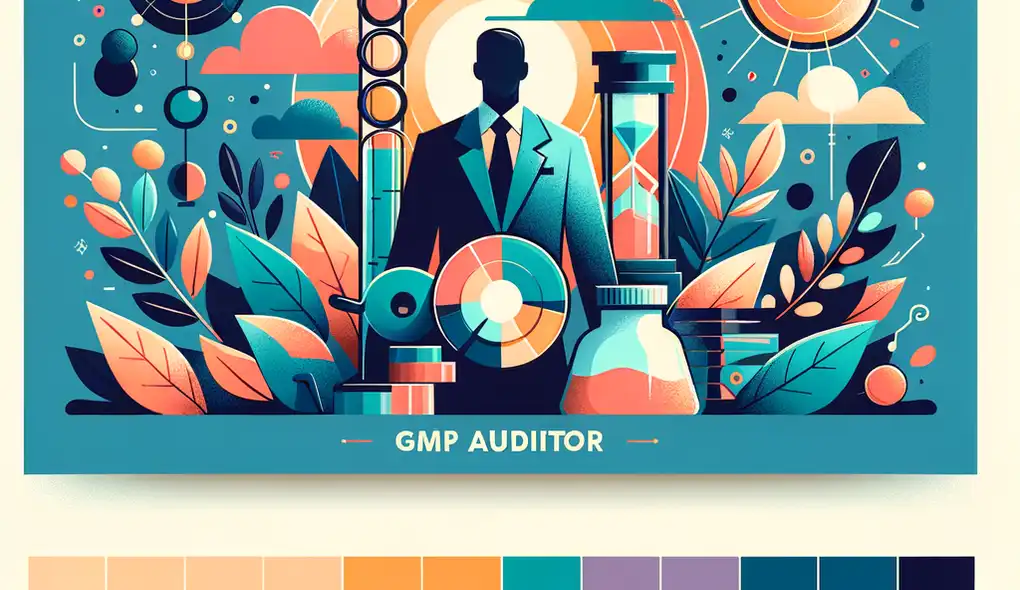How would you handle a situation where a supplier refuses to cooperate during an audit?
GMP Auditor Interview Questions
Sample answer to the question
If a supplier refuses to cooperate during an audit, I would first try to understand the reason behind their resistance. I would approach the situation calmly and professionally, maintaining open communication with the supplier. I would emphasize the importance of the audit and how their cooperation is necessary for ensuring compliance with Good Manufacturing Practices (GMP) and quality standards. If the resistance persists, I would escalate the issue to my supervisor or the appropriate department within the company. It is crucial to document the supplier's refusal and any attempts made to resolve the situation. This documentation can be used to address the issue later on and may involve contacting the supplier's management or seeking legal advice if necessary.
A more solid answer
If a supplier refuses to cooperate during an audit, I would first review the audit process to ensure that all communication and expectations were clear. Then, I would reach out to the supplier and try to understand their concerns or reasons for non-cooperation. By actively listening and empathizing, I could identify potential misunderstandings or address any valid concerns they may have. If the refusal persists, I would escalate the matter to my supervisor, who could potentially involve the supplier's management or legal team. Throughout the process, I would diligently document all interactions, efforts made, and any findings that resulted from the non-cooperation. This documentation would be crucial for addressing the issue and implementing corrective actions.
Why this is a more solid answer:
The solid answer expands on the basic answer by including specific actions and considerations. It demonstrates the candidate's ability to critically think, communicate effectively, and problem-solve. However, it could still benefit from more specific details and examples.
An exceptional answer
If a supplier refuses to cooperate during an audit, I would approach the situation methodically and professionally. Firstly, I would thoroughly review the audit process and all relevant documentation to ensure that expectations were clearly communicated to the supplier. Next, I would initiate a conversation with the supplier, either in person or via a video call, to understand their perspective and reasons for non-cooperation. Active listening would be essential during this conversation to uncover any potential misunderstandings or concerns. If the refusal is due to a misunderstanding, I would provide clarification and reiterate the importance of the audit for maintaining compliance with GMP and quality standards. However, if valid concerns are raised, I would collaborate with internal stakeholders to address those concerns and find a mutually beneficial resolution. This may involve adjusting the audit timeline, providing additional resources, or offering guidance on compliance requirements. Throughout the process, I would maintain clear and regular communication with the supplier, keeping them informed of any progress made and discussing potential solutions. If all attempts to resolve the non-cooperation fail, I would escalate the matter to my supervisor and involve the appropriate department within the company. Additionally, I would document each step taken, including all communication, findings, and efforts made to address the situation. This documentation would serve as a valuable reference for future audits and could provide insights into improving the audit process and supplier relationships.
Why this is an exceptional answer:
The exceptional answer goes beyond the solid answer by providing a comprehensive and well-structured approach to handling a supplier's refusal to cooperate during an audit. It showcases the candidate's critical thinking, communication, and problem-solving skills in a detailed manner. The answer includes specific steps, considerations, and examples to support each stage of the process. The candidate demonstrates the ability to foster collaboration, address concerns, and maintain professionalism throughout the situation. The mention of continuous improvement and documentation further highlights the candidate's commitment to quality and compliance.
How to prepare for this question
- Familiarize yourself with the audit process and relevant documentation to ensure a thorough understanding.
- Develop strong active listening skills to empathize with the supplier and uncover any potential concerns or misunderstandings.
- Practice clear and professional communication to effectively convey the importance of the audit and address any resistance.
- Research relevant compliance requirements and industry standards to be able to provide guidance and solutions during the audit process.
- Learn from past experiences with suppliers to gain insights into effective strategies for resolving non-cooperation.
- Develop strong documentation practices to ensure accurate records of all communication, findings, and efforts made.
What interviewers are evaluating
- Critical thinking
- Communication
- Problem-solving
Related Interview Questions
More questions for GMP Auditor interviews